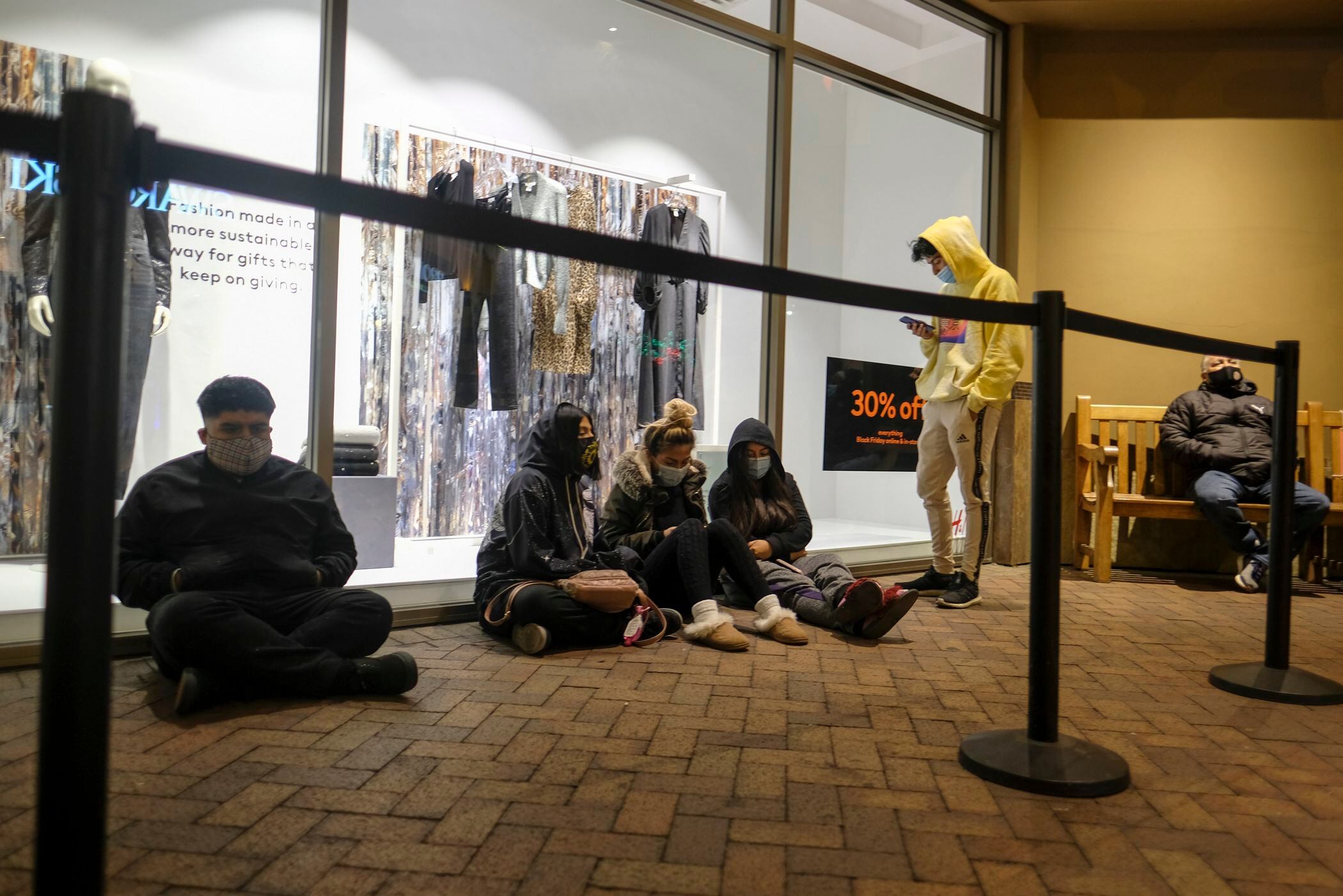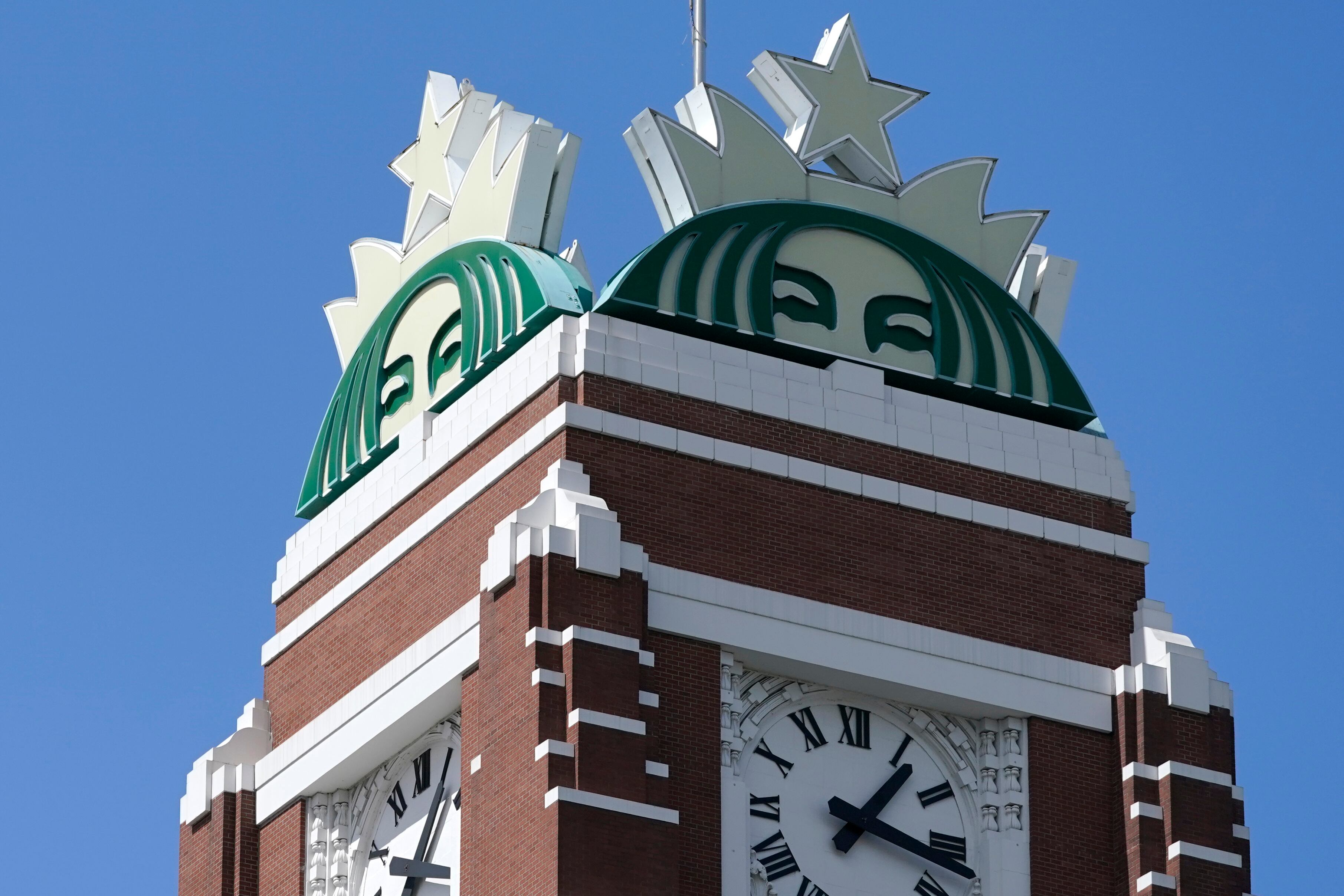From Wall Street to Silicon Valley, these are the top stories that moved markets and had investors, business leaders, and entrepreneurs talking this week on Cheddar.
THANKSGIVING RALLY
U.S. stocks rose to end a shortened trading week, with the S&P hitting an all-time high of 3,638 and the Dow just falling shy of the 30,000-point threshold. Investors breathed a sigh of relief that the election appeared to be all but settled, with the transition formally underway. They also liked President-elect Biden’s pick for Treasury secretary in Janet Yellen, a familiar face who will have the job of stewarding a new stimulus bill and the post-COVID recovery. Optimism over the early results coming out of vaccine trials helped fuel the rally, with AstraZeneca saying its vaccine candidate appears to show as high as 90 percent efficacy. Though questions later arose about a manufacturing error casting some doubt about the results. However, that drug, if approved, would be cheaper and easier to mass-produce and store than the mRNA vaccines from Pfizer and Moderna. Many experts consider it the best candidate for inoculating the developing world.
BLACK FRIDAY GOES DIGITAL
For retailers not named Amazon, Walmart, or Target, this Black Friday couldn’t come soon enough. An already-struggling retail industry that has been decimated by pandemic-related closures is pinning its hopes on the holiday season with sales events both in-store and online that started earlier than ever, and come as virus cases are exploding across the country. But smaller retailers still have to contend with the big guns: Walmart, Target, and other big-box stores moved their Black Friday doorbuster sales online, while Amazon has been promoting eye-popping deals all week. According to Adobe, sales are expected to increase by 39 percent from last year reaching $10 billion, with less "door-busting" predicted for Friday itself due to store closures and retailers shifting to sales online earlier.
In its earnings report this week, Gap gave a preview of an accelerated omnichannel business model that many brick-and-mortar retailers are likely to move toward — even faster than they already were pre-pandemic. Digital sales at Gap’s brands were up 61 percent and now account for 40 percent of total sales.
PUBLISHING POWERHOUSE
ViacomCBS agreed to sell its Simon & Schuster publishing house to Penguin Random House, part of the German media conglomerate Bertelsmann, for more than $2 billion in cash. Bertelsmann beat out News Corp.’s HarperCollins for Simon & Schuster and, assuming the deal is approved, will control a third of the U.S. book market, presenting a potential antitrust test for a new Biden administration.
BITCOIN'S UPS AND DOWNS
What a difference a week makes. The cryptocurrency Bitcoin was pushing all-time highs near the $20,000 boundary as late as Wednesday, after starting the month at $13,748. The skyrocketing prices were attributed to a combination of first-time buyers and stalwart bitcoin owners by Binance.US CEO Catherine Coley. But from an intraday high of $19,494, the digital currency fell through the Thanksgiving holiday ending up at $16,731.03 at the time of the close of U.S. markets.
TESLA SAFETY
While Tesla founder Elon Musk reportedly became the second-richest man in the world, hopping over Bill Gates according to Bloomberg's Billionaire Index, his electric vehicle faces some scrutiny over a potential safety concern. The National Highway and Traffic Safety Administration is investigating 43 complaints of front suspension failures in 2015 through 2017 Model S sedans and 2016 through 2017 Model X SUVs. Earlier this week, Tesla issued two recalls for 9,136 of the 2016 Model X vehicle and 401 of the 2020 Model Y. The larger recall stems from an issue with a possibly loose roof trim, and the smaller involves improperly tightened bolts, according to Reuters. Still, Tesla's stock climbed 2 percent to $585.76 at the end of the trading session.













